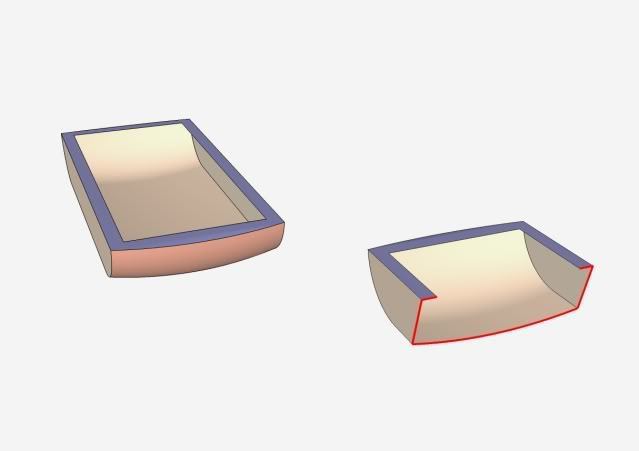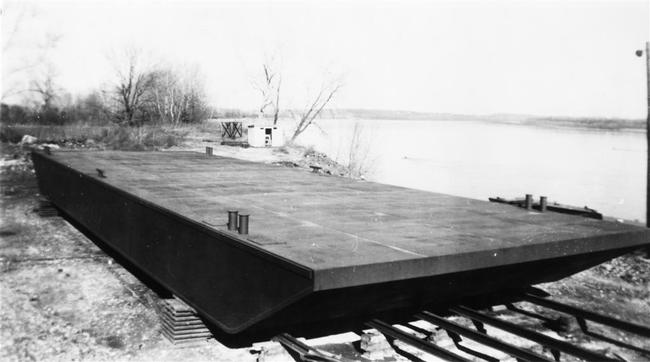And a great Pinterest site for Shanty Boats

This site has a wealth of Shanty boat projects some look like boats I would certainly live in. 2013 Shanty Boat Designs

This site has a wealth of Shanty boat projects some look like boats I would certainly live in. 2013 Shanty Boat Designs
I saw this site in whicha man builds himself a houseboat from scratch and without plans. The finalproduct is quite close to the space that I would like to have.
he built this

and then went on to do this:

Rob Reihelds Houseboat
There is a bit of a back and forth going on in the forum about the advantages of a scow as opposed to cilinders of GRP or aluminium sealed with polyuretane (CBD Boat Design).
So here are a few of the houseboats I have seen. My boat should be a place where I can live so the basic list of things I would like on it are the ones you would find in a home:
Kitchen
Bathroom
Bedroom
Livingroom/Office/ETCRoom
And then I would like a lot of deck space where I can set chairs in summer and maybe a BBQ.
It is important for me that the space have a lot of light. The gardening may have to be done near the mooring.





So this is a scow hull:
A rectangular barge is what my new friend Mr Efficiency recommends. This is what a rectangular barge looks like: [![Deckbarge734.jpg]
[![Deckbarge734.jpg]
And finally, I am told that one of the benefits of the scow is that it has “lower windage”. So, of course, the question is what is a windage? According to some or other online dictionary windange is—among many other things: “That portion of a ship’s surface upon which the wind acts.” As to why a scow has lower windage… you will have to wait till the next installment.
Rwatson, from the forum tells me:
“Windage = how much you will be blown around in 20 knot winds. In open water, it means you might get blown into the mudbanks or onto rocks.
If you are moored at a jetty, you will be bumped up against the dock all night.
If your boat is tall, the wind will affect you much more”